I’m a lifelong vegetarian — I get all the protein I need from these 8 nutrition-packed foods
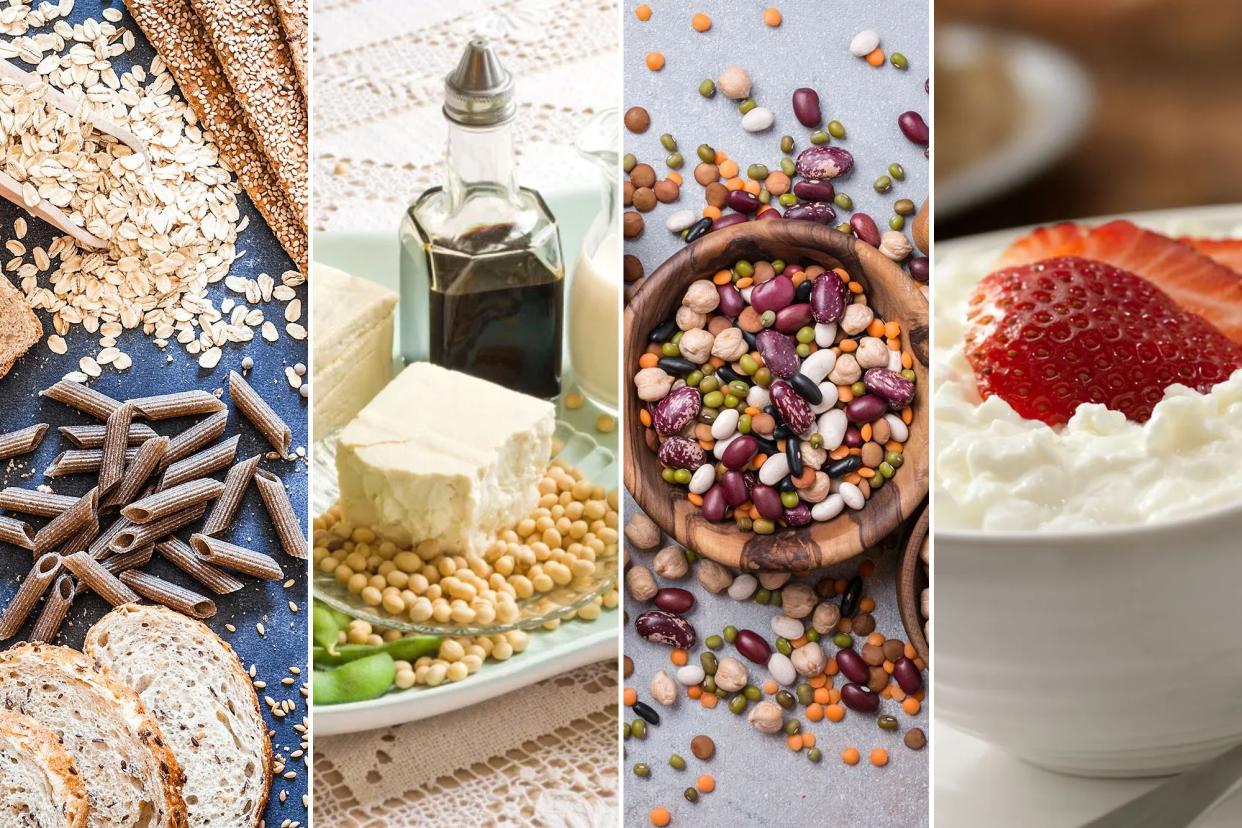
So you’re going vegetarian — cue concerned friends and relatives asking incredulously, how will you get enough protein if you don’t eat meat?
There’s certainly food for thought, buried somewhere amidst their unsolicited concern — vegetarians and vegans can easily lean into bad habits, overdoing it on the carbohydrates and neglecting the daily Recommended Dietary Allowance, or RDA, of 0.36 grams of protein per pound of body weight, per day.
Cookbook author Vasudha Viswanath has a lifetime of learning under her belt, however.
Vegetarian from birth, she knows exactly how to get enough of the important nutrients that come from meat in many diets, without straying from her meat-free lifestyle.
In an article for EatingWell, Viswanath wrote about how she prioritizes protein on her plate, aiming for 20-30 grams at ever single meal — helping to balance her blood sugar and ensuring that she stays full for longer.
How does she do it? Here are eight fiercely nutritious, easily-found foods you’ll always find in her shopping cart.
Greek yogurt and cottage cheese

These two foods bring protein to the party like few others, Viswanath said.
“In a scant ½-cup serving, Greek-style yogurt delivers 9 to 10 grams of protein, and cottage cheese 11 to 12 grams,” she wrote.
Extra firm tofu and edamame
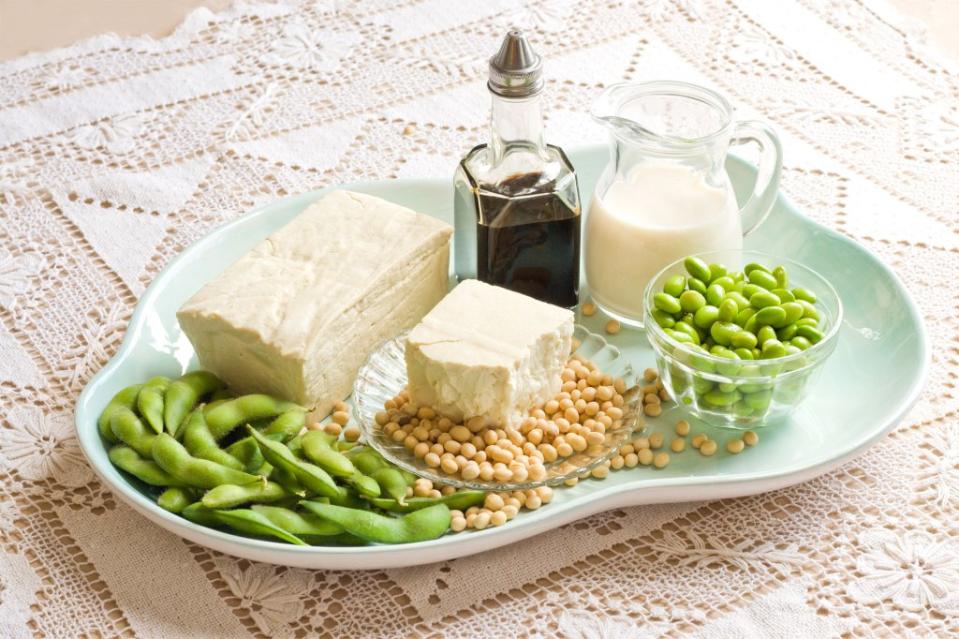
“Soy is a go-to in my plant-based-protein pantry because products made from soybeans like tofu and edamame are complete proteins, containing all nine essential amino acids,” she said.
“Edamame are whole soybeans that you can most easily find shelled or in the pods with other frozen produce. Try swapping shelled edamame for peas in your favorite recipes for an extra boost of protein—cup for cup, edamame has twice as much protein as peas!”
Beans and lentils
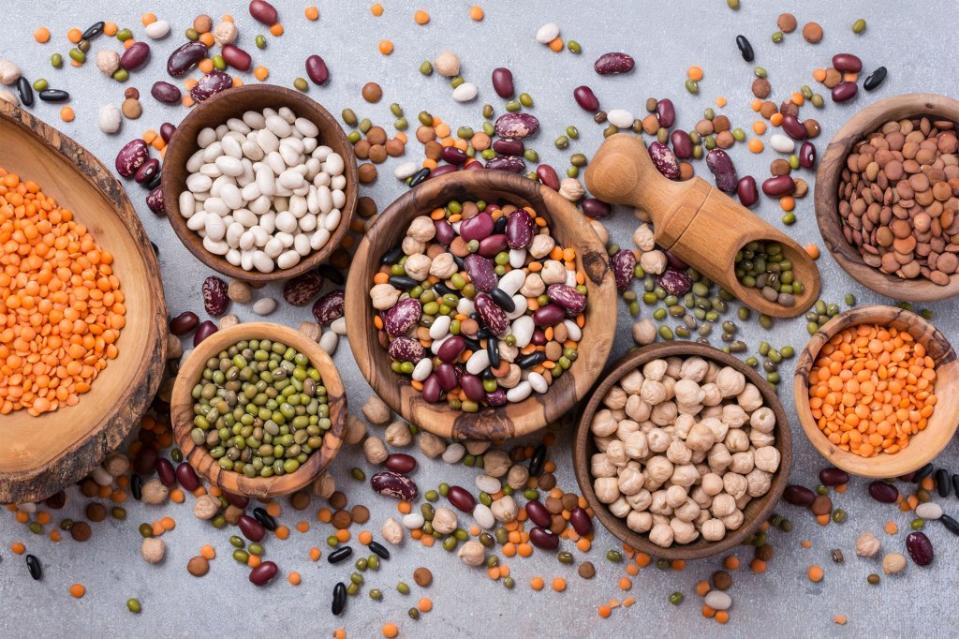
They’re cheap, they’re versatile, they’re “superheroes” in the experienced herbivore’s kitchen.
“While the protein content varies, most beans and lentils contain at least 7 grams of protein per ½-cup serving. Plus they contain a significant amount of fiber, which supports gut health,” she said.
Nuts and seeds
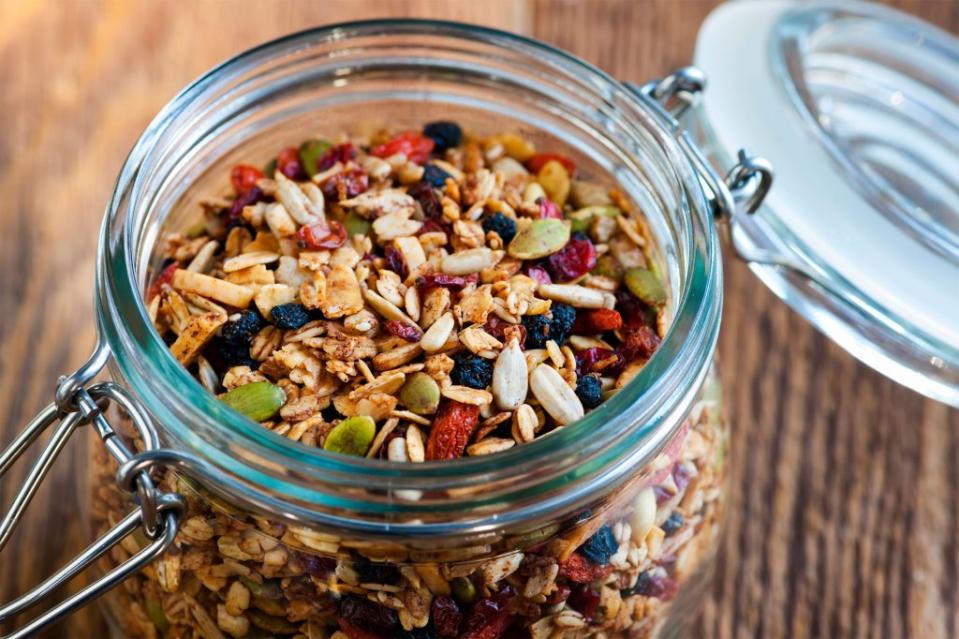
“With 4 to 8 grams of protein per ounce, I keep a variety of nuts and seeds in my pantry to cook with and snack on.”
Her favorites — walnuts, almonds and hemp seeds. She’s also added cashews to soups to bring a creamy texture and bonus protein without adding any kind of milk.
Eggs
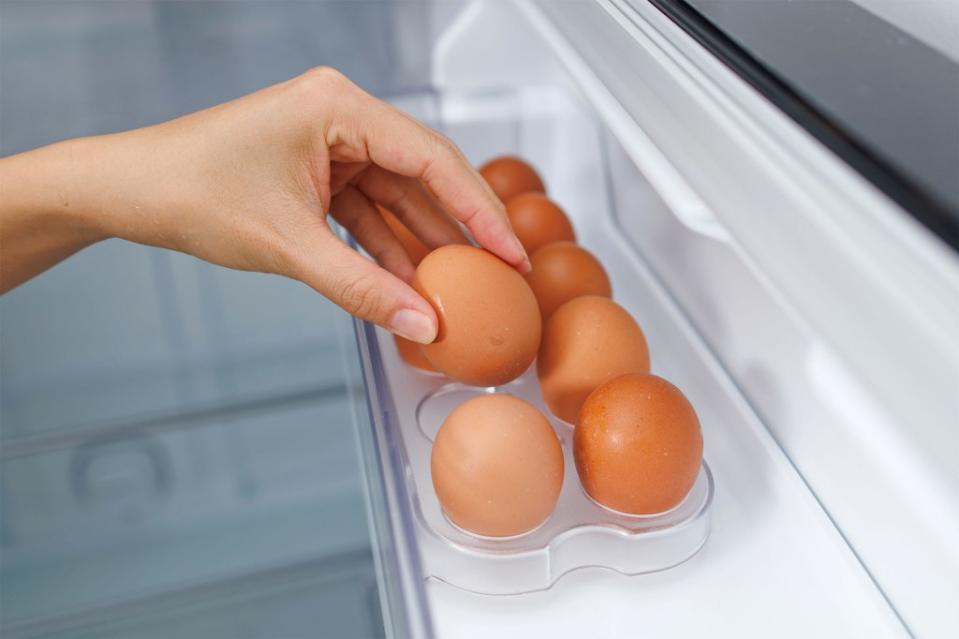
“From a simple scramble for breakfast to an egg curry for dinner, eggs are always on hand in my kitchen. Not only are they super affordable, at less than $3 per dozen at many major supermarkets, they’re packed with goodness too. One large egg contains 6 grams of protein.”
Eggs are also great for getting B12 into your diet, something vegetarians and vegans sometimes struggle to get enough of, she pointed out.
Cheese
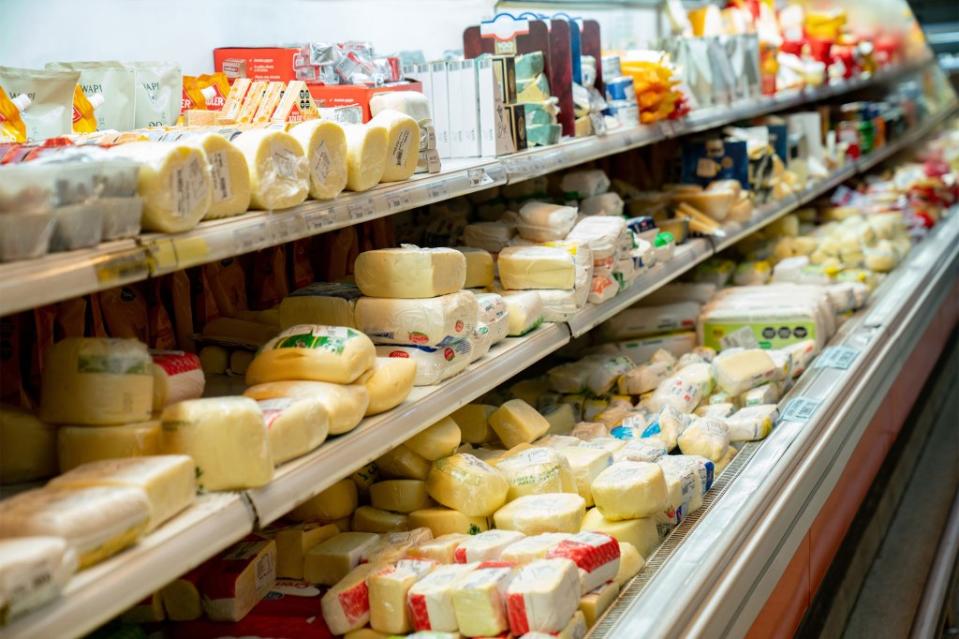
“With at least 4 grams per ounce, depending on variety, cheese adds a respectable amount of protein to many dishes.”
Whole grains
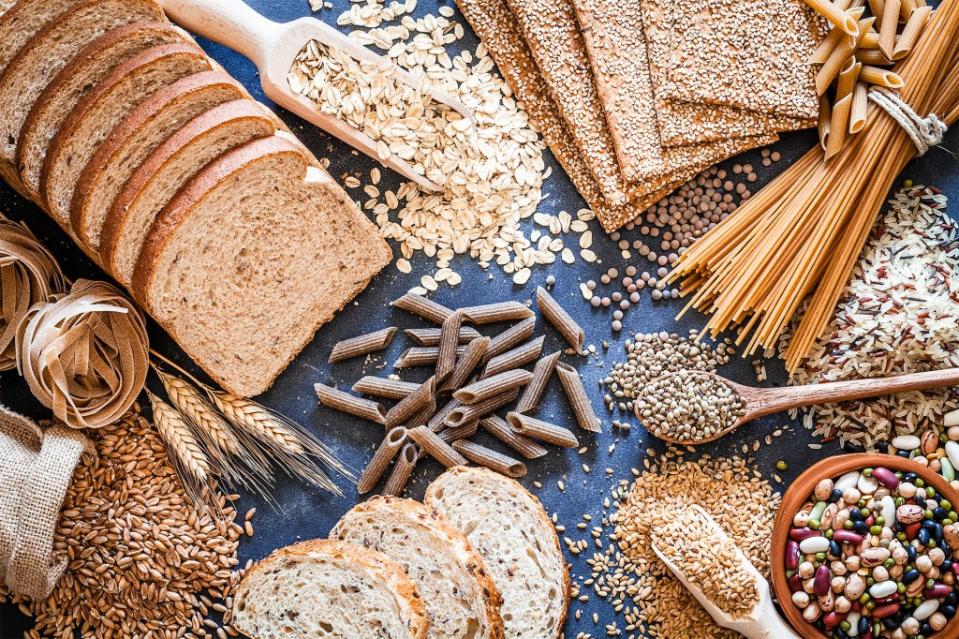
“While whole grains are known for being packed with fiber, many varieties, including farro, quinoa and buckwheat, are good sources of protein too, with 5 to 8 grams per 1 cup cooked.” .
Legume-based pasta
“If you’ve strolled down the pasta aisle recently, you’ve probably noticed a variety of pastas made from beans and lentils on the shelves. These products are not only convenient, but they’re also an easy way to boost protein on pasta night—by at least 25% compared to wheat-based pastas.”
“They’re made from everything from chickpeas to red lentils and sold in all shapes and sizes, so you’re bound to find one you like.”
Viswanath called out chickpea pastas for their “strong flavor” and for the way they stand up to a traditional tomato sauce.

